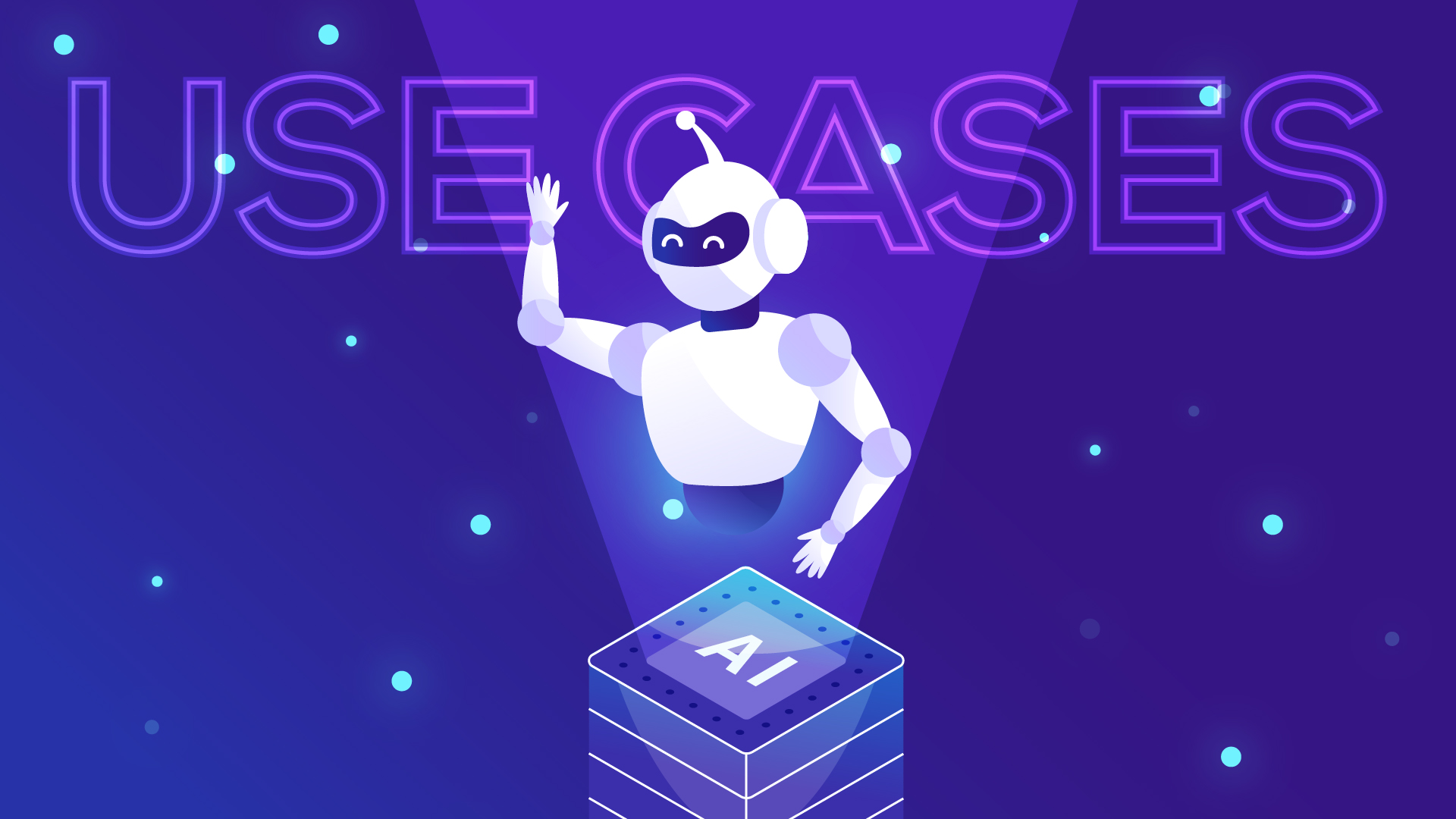Introduction
LLM Agents (Large Language Model Agents) are intelligent systems built on top of advanced language models like GPT-4, designed to perform a variety of tasks autonomously by interpreting and acting on complex human instructions. These agents do more than just generate text. They can interact with external tools, retrieve information, execute commands, and provide dynamic solutions. LLM Agents are equipped to plan, take actions, receive feedback, and improve their output through iterative processes. Whether it's automating workflows, providing intelligent customer service, or supporting research, these agents can learn from their environment and adapt to increasingly complex challenges. They are revolutionizing industries by acting as multi-functional tools capable of specialized tasks, such as coding, content generation, and even real-time analysis.
Use Cases
-
Customer Service Agent
LLM-based customer service agents can handle a large volume of customer queries with speed and accuracy, providing personalized responses around the clock. These agents are capable of engaging in natural conversations, helping customers troubleshoot issues, answer FAQs, or guide them through specific processes. By learning from previous interactions, LLM agents improve over time, offering more relevant and efficient responses. With their ability to handle large-scale customer inquiries efficiently, LLM-based agents allow companies to maintain high service quality even during peak times. Additionally, by supporting integration with CRM systems, they can access historical data to provide more context-aware responses. This reduces the need for human intervention in repetitive tasks, freeing up customer support teams to focus on more complex cases. These agents can also handle multilingual support, enabling companies to expand their global outreach.
-
Research Assistant
As research assistants, LLM agents help accelerate the research process by efficiently summarizing academic papers, identifying key concepts, and suggesting relevant resources. They can quickly scan large datasets or publications to surface valuable insights, reducing the time spent on literature reviews or data gathering. Moreover, LLMs can assist in drafting proposals, creating outlines, and even providing citation recommendations. These agents can also analyze structured data, creating summaries or generating visual reports, which saves time for researchers needing quick overviews of their findings. By offering suggestions and synthesizing complex information, these agents enable researchers to focus more on critical analysis and hypothesis development, streamlining workflows and accelerating innovation.
-
Coding Assistant
LLM-based coding assistants are transforming the way developers write and debug code. These agents can generate code snippets, provide explanations for tricky programming concepts, and suggest optimal algorithms based on problem descriptions. They also assist in identifying and fixing bugs, improving development speed by automating parts of the debugging process. Furthermore, they help with documentation by auto-generating comments or descriptions for functions and classes, making the codebase more understandable. Beyond individual coding tasks, these agents can also be integrated into team environments, helping developers share code snippets, track bugs, and streamline collaborative workflows, improving overall team productivity. Whether in software development, game design, or web development, LLMs can significantly improve productivity by offloading routine coding tasks.
-
Legal Assistant
In the legal domain, LLM-based assistants can streamline research and documentation processes. These agents can quickly summarize legal cases, assist with contract drafting, and review legal documents for inconsistencies or areas of concern. By automating these tasks, legal professionals save time and ensure higher accuracy in their work. LLMs can also serve as powerful tools in legal research, pulling up relevant cases, precedents, or legal statutes in a fraction of the time it would take a human. Moreover, LLM agents can assist in ensuring regulatory compliance by keeping legal professionals updated on recent changes in laws or guidelines, a critical aspect in fast-paced legal environments. This can be especially helpful in high-volume areas like compliance, where rapid review and document generation are critical.
-
Teaching Assistant
As teaching assistants, LLM agents are revolutionizing the education landscape by offering students personalized learning experiences. These agents can answer questions in real-time, provide explanations for complex subjects, and even create quizzes or practice problems tailored to a student's skill level. They adapt to different learning paces and styles, offering step-by-step guidance or summarizing difficult topics. In addition to real-time tutoring, these agents can track a student's progress over time, offering customized study plans based on past performance and learning habits, creating a more sustained, long-term impact on student growth. Teachers can use LLMs to augment their instruction by automating administrative tasks like grading simple assignments, allowing more time to focus on student engagement and individualized support. In online learning environments, LLMs can facilitate interactive learning sessions, offering on-demand tutoring.
Conclusion
In summary, LLM agents are versatile tools that can significantly enhance productivity and efficiency across various fields. As customer service agents, they streamline communication and problem-solving by handling customer queries at scale with personalized responses. As research assistants, they accelerate the research process by summarizing papers, providing citations, and offering insights drawn from vast data sources. In the world of development, coding assistants simplify programming by generating code, debugging, and providing documentation support. In the legal sector, LLM-based legal assistants can draft and review documents, reducing the workload for legal professionals while ensuring accuracy. Lastly, as teaching assistants, they personalize education, providing students with tailored learning experiences, quizzes, and real-time feedback. While these are just some examples of their applications, the potential use cases for LLM agents are vast, with many others yet to be explored in different industries and domains.
Since joining Ignitho Technologies in November 2023, Sriram has leveraged skills in data analysis, data science, and generative AI. After being introduced to data science through the Customer Data Platform (CDP) project, Sriram gained experience in LLMs and Retrieval-Augmented Generation (RAG) for chatbot development. Currently, Sriram focuses on creating LLM Agents for Ignitho AI while staying updated on advancements in generative AI to foster innovative product development.
